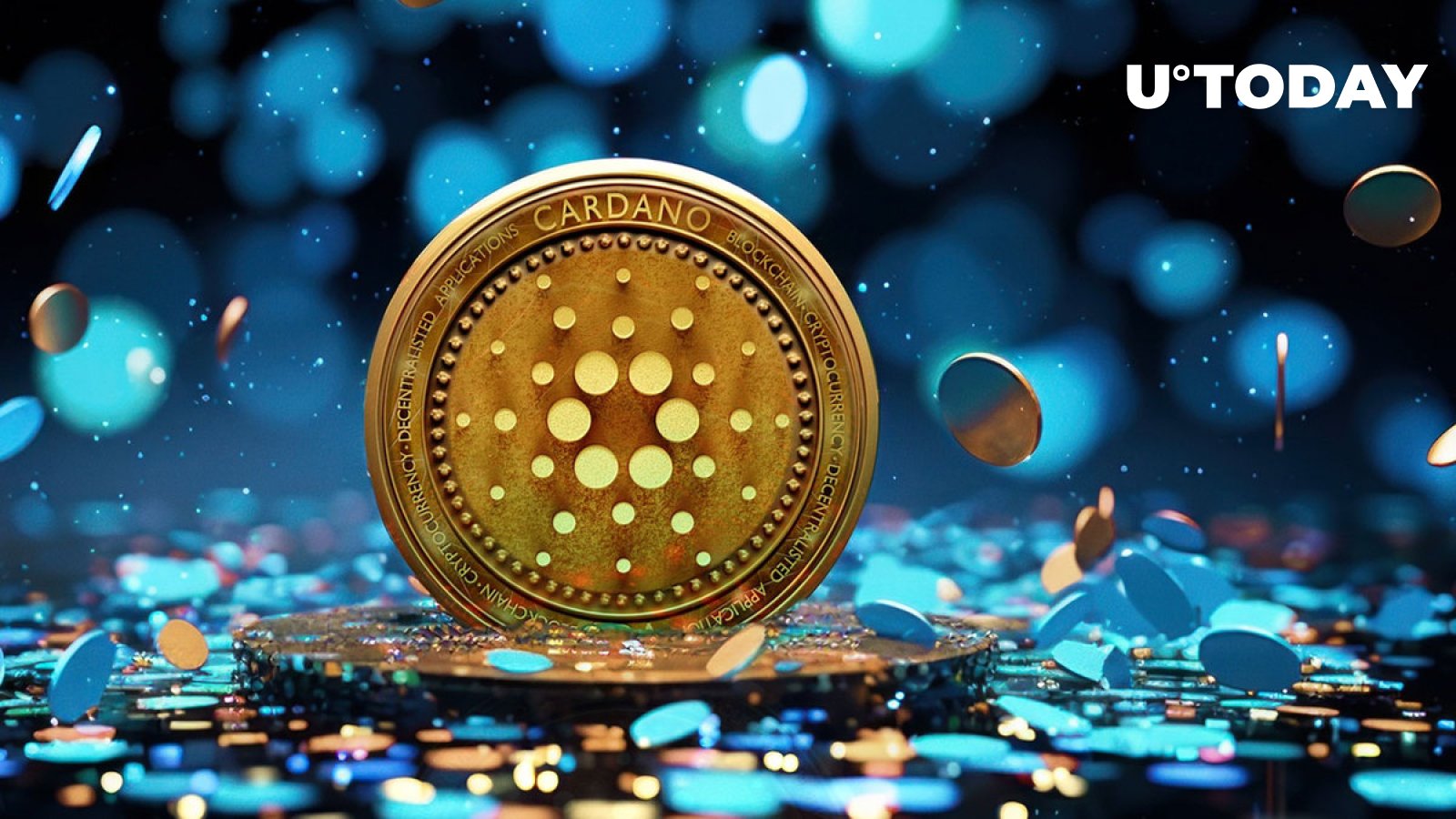Disclaimer: The opinions expressed by our writers are their own and do not represent the views of U. Today. The financial and market information provided on U.Today is intended for informational purposes only. U.Today is not liable for any financial losses incurred while trading cryptocurrencies. Conduct your own research by contacting financial experts before making any investment decisions. We believe that all content is accurate as of the date of publication, but certain offers mentioned may no longer be available.
Disclaimer: The opinions expressed by our writers are their own and do not represent the views of U. Today. The financial and market information provided on U.Today is intended for informational purposes only. U.Today is not liable for any financial losses incurred while trading cryptocurrencies. Conduct your own research by contacting financial experts before making any investment decisions. We believe that all content is accurate as of the date of publication, but certain offers mentioned may no longer be available.
Cardano has been celebrated for its decentralization, ranking it as the second-most decentralized asset in the cryptocurrency industry. The evaluation, which came from a decentralization index by crypto researcher Justin Bons, gave ADA a score of 35 out of 60, trailing just behind Ethereum’s 43 but surpassing other contenders like Bitcoin, Solana and Ripple.
Cardano founder Charles Hoskinson responded with a nuanced take on the matter. He contended that opposition to IOHK (Input Output Hong Kong) should not be equated with a measure of decentralization. Instead, Hoskinson argued that what truly matters is the governance of the code and its transformation into a robust open-source project with contributions from multiple entities, not just IOHK.
The debate around decentralization is more intricate than it appears on the surface. It is not just about a plethora of nodes or validators but about the distribution of power within the network. The six principles outlined by Bons to measure decentralization include validator and client distribution, permissionless design, technical trade-offs, governance design and political decentralization.
Cardano shines in several of these aspects. It boasts a high unique validator count and a network free of permissioned elements. Its native delegation system and the impending implementation of on-chain governance demonstrate its commitment to a decentralized future. However, the perception of limited pushback against IOHK does raise questions about the political decentralization of the network.
Still, ADA’s score reflects its robust structure, which includes a high number of unique validators and a strong stance against permissioned elements. With on-chain governance on the horizon, Cardano is poised to enhance its decentralized nature even further.

